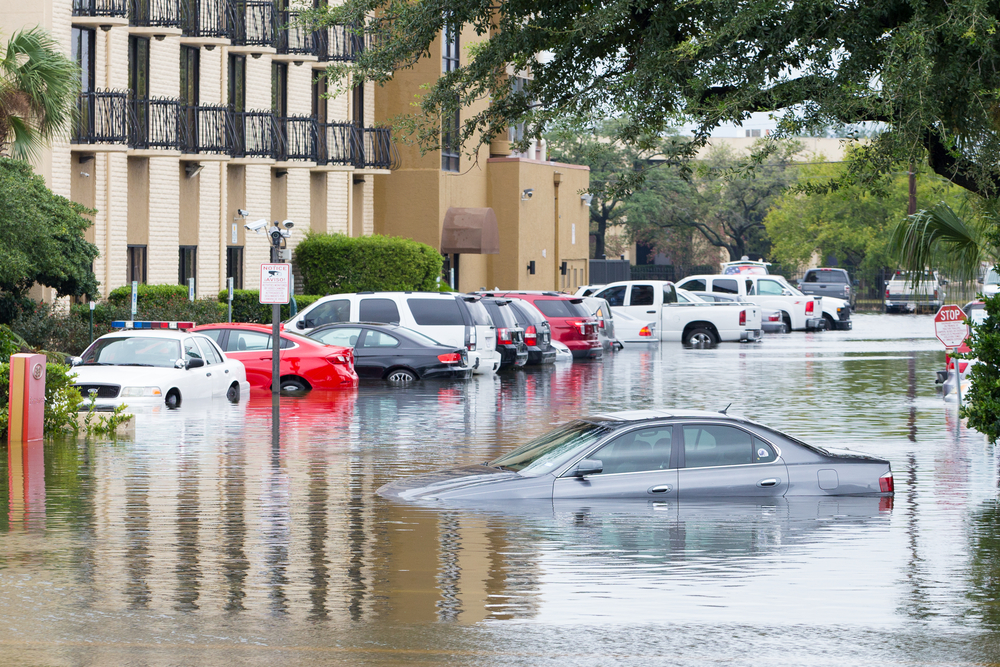Officially, the start of the hurricane season is June 1 and lasts until November 30. However, in mid-May, the first tropi cal disturbance of the year was forming in the Gulf of Mexico, with some 10 percent chances of becoming a hurricane. While chances of it actually turning into a mighty hurricane are slim, its appearance should work as a reminder to prepare now with an insurance review.
cal disturbance of the year was forming in the Gulf of Mexico, with some 10 percent chances of becoming a hurricane. While chances of it actually turning into a mighty hurricane are slim, its appearance should work as a reminder to prepare now with an insurance review.
The reminder applies to everyone, but especially to those living in hurricane-prone areas. Last year’s hurricane season was devastating to Houston, for example, where some 16,000 apartment units were damaged. So, let’s play it safe(er) this year and prepare in advance:
Renters insurance is something every apartment resident should have. It’s affordable price-wise and priceless for the peace of mind it brings. Your belongings—from clothes to electronics and even possible hotel stays in case your unit becomes uninhabitable—will be covered by the policy. On average, apartment residents own somewhere around $20,000 in various belongings. Whatever your amount is, make sure you ask your insurance provider the specifics about your policy in the event of a hurricane or some other natural calamity.
Homeowners should check their policy’s Declarations Page where the hurricane deductible amount is written. If you live in one of the 19 Atlantic or Gulf Coast states, or in the District of Columbia, you most likely have a hurricane deductible and should know what that is. Furthermore, if the property is more than five years old, contact your insurance professional about Building Ordinance & Law coverage. This additional protection provides funds to rebuild or repair your home to the area’s current building codes.
Have the car ready. Fill up your tank when it gets half empty as in the event of a hurricane, this will save you from long gas lines. When a storm is announced, think strategically about the best place to park your vehicle is. Even though many apartment communities are built with potential flooding in mind, parking areas can easily flood. Another important thing you should review is the car insurance, specifically if you will be covered for flood damage. You might need optional comprehensive coverage, which offers protection from damage caused by wind, flooding and falling objects, like tree limbs.
Tech assistance—smartphones are the tiny heroes that could make a big difference in stressful times. Usually, during natural calamities, power outages are a normal thing, and the only communication line we can use are our phones. It also helps keep track of recent weather announcements, evacuations and store openings. Having some portable battery chargers for those could really make a difference.
In the event that you will have to evacuate your unit, take a copy of your apartment lease agreement along with all the contact information you have for the manager/owner of your residence. Also, make sure the management ha your contact info, too, so that they can contact you when it is safe to return.
“Devastation in Florida and Texas in 2017 from Hurricanes Harvey and Irma was a wake-up call for some. But when the storms pass, too many people hit the snooze button,” Kristin Palmer, the I.I.I.’s chief communications officer, said in a prepared statement. “Flooding remains the No. 1 disaster risk in the U.S., and it’s increasing as continued development rearranges flood plains. If your area is subject to occasional torrential rains, flood insurance should not be considered optional.”
